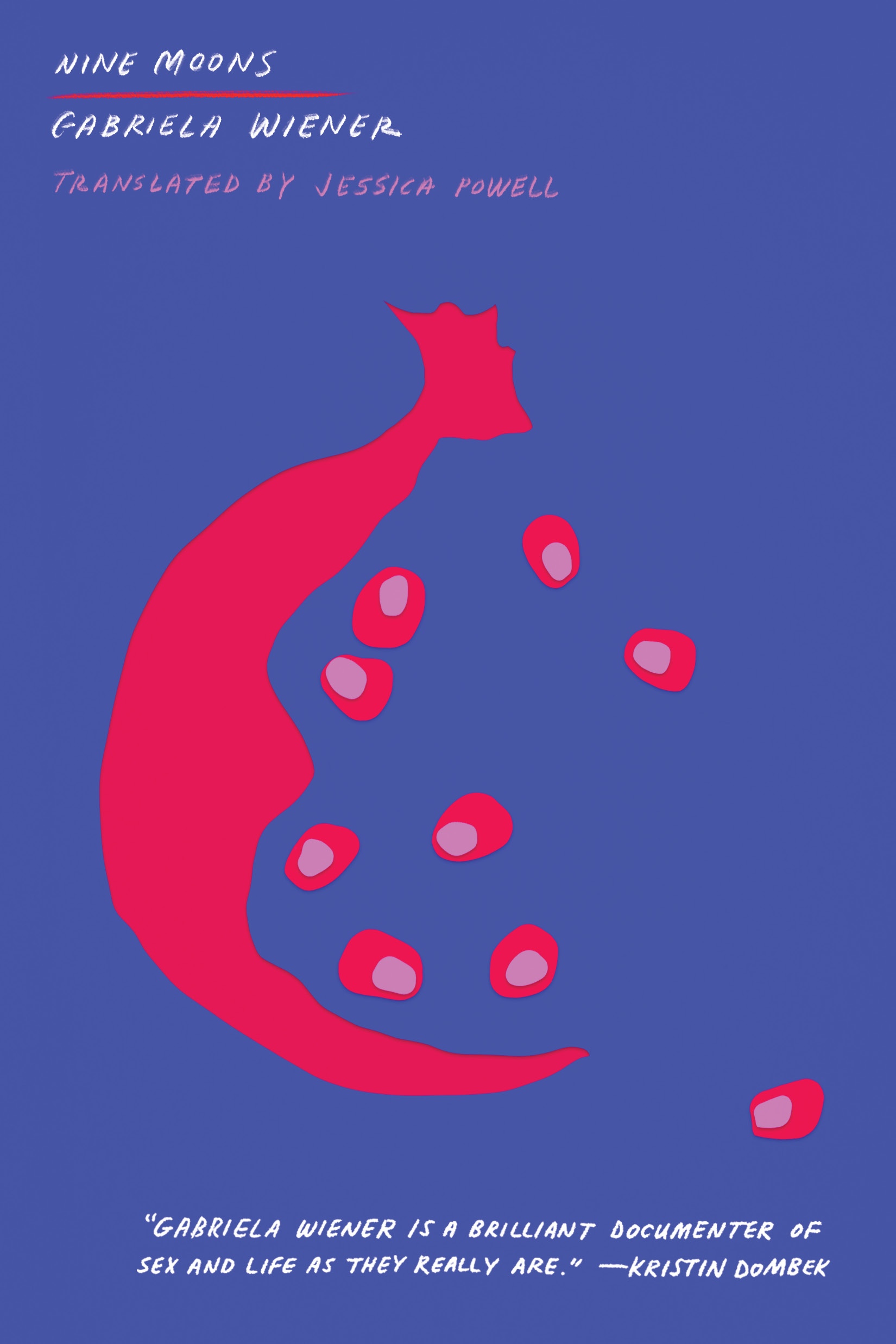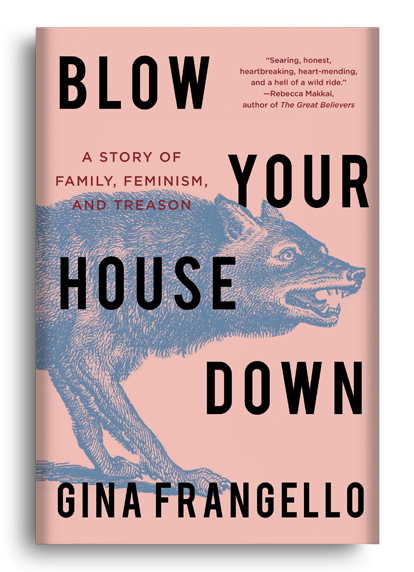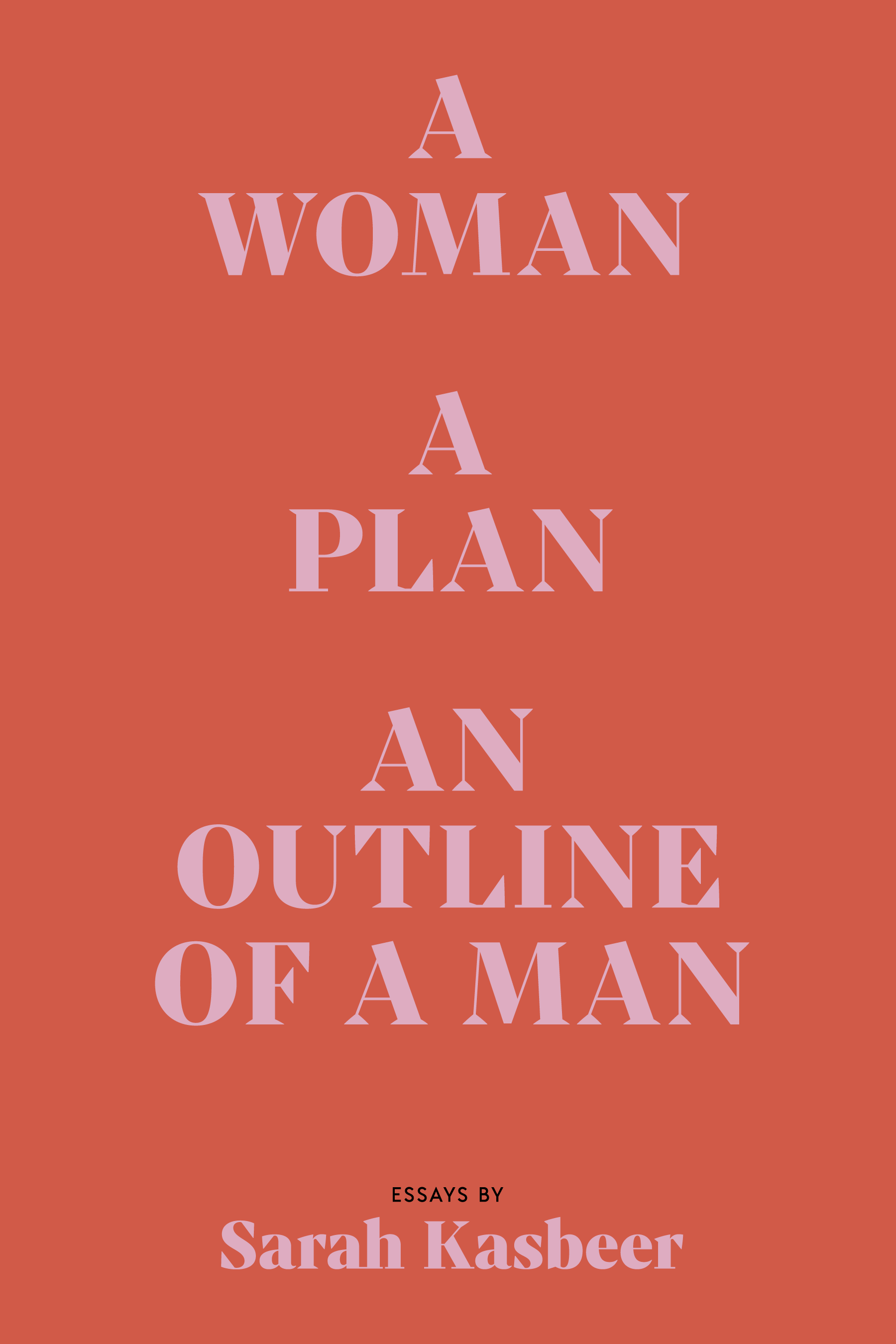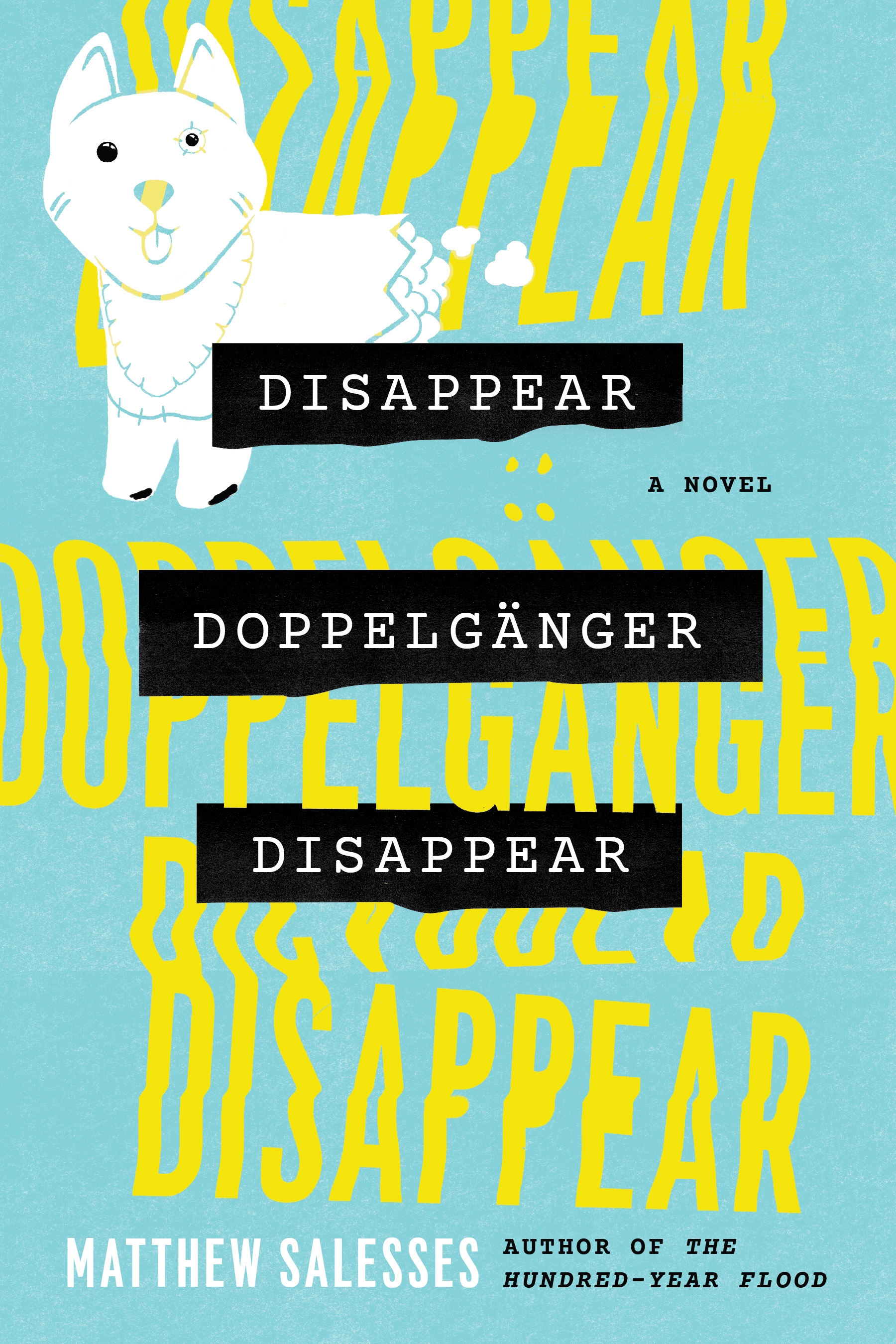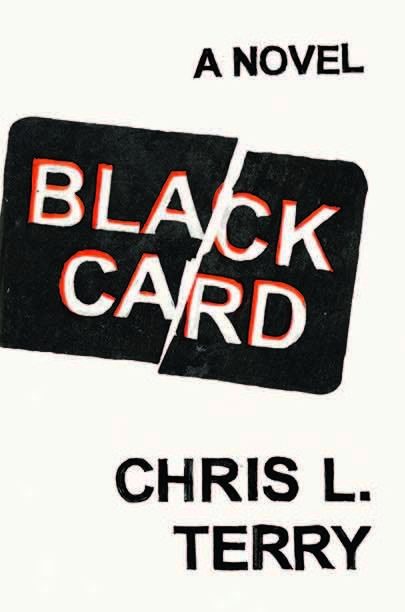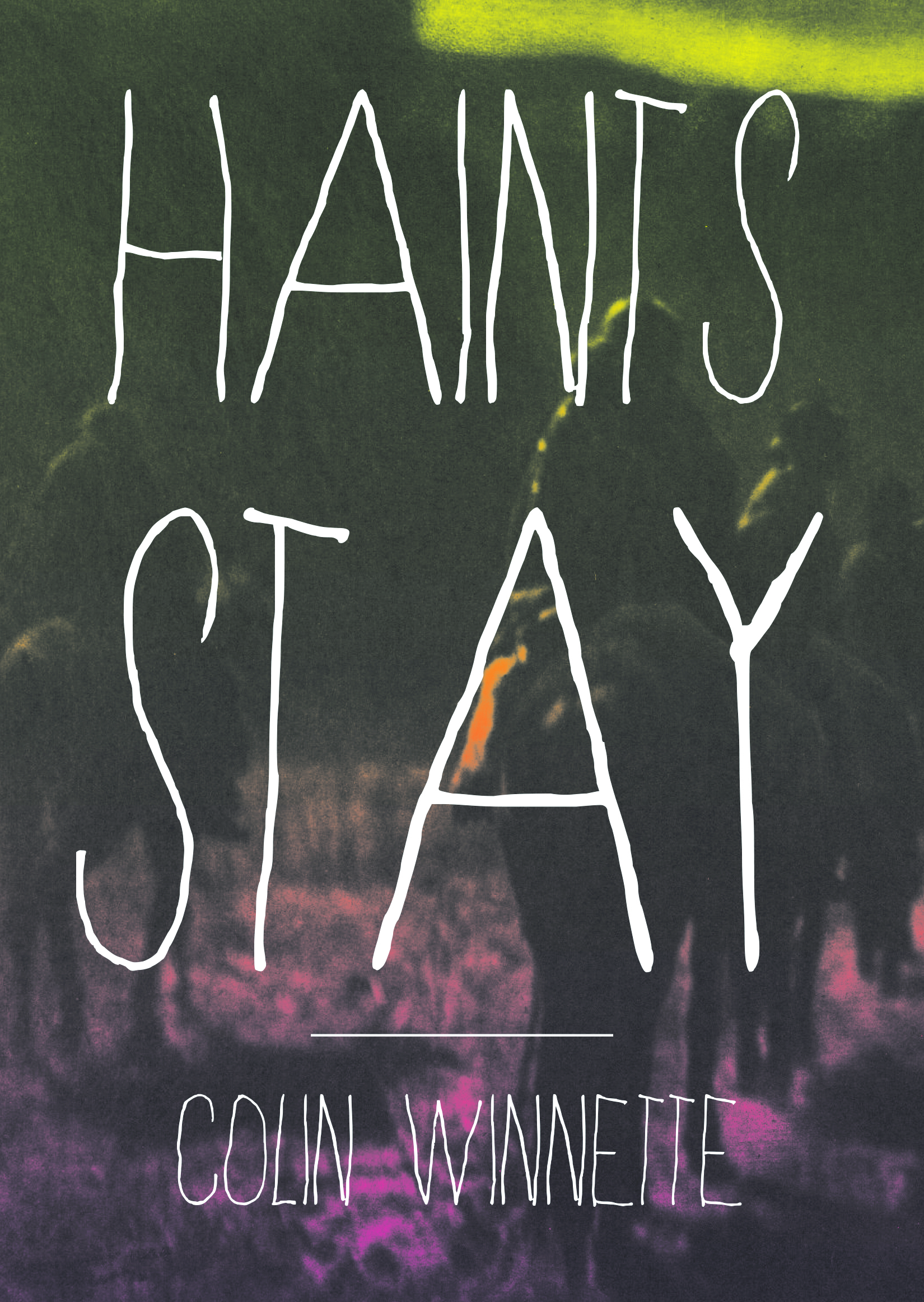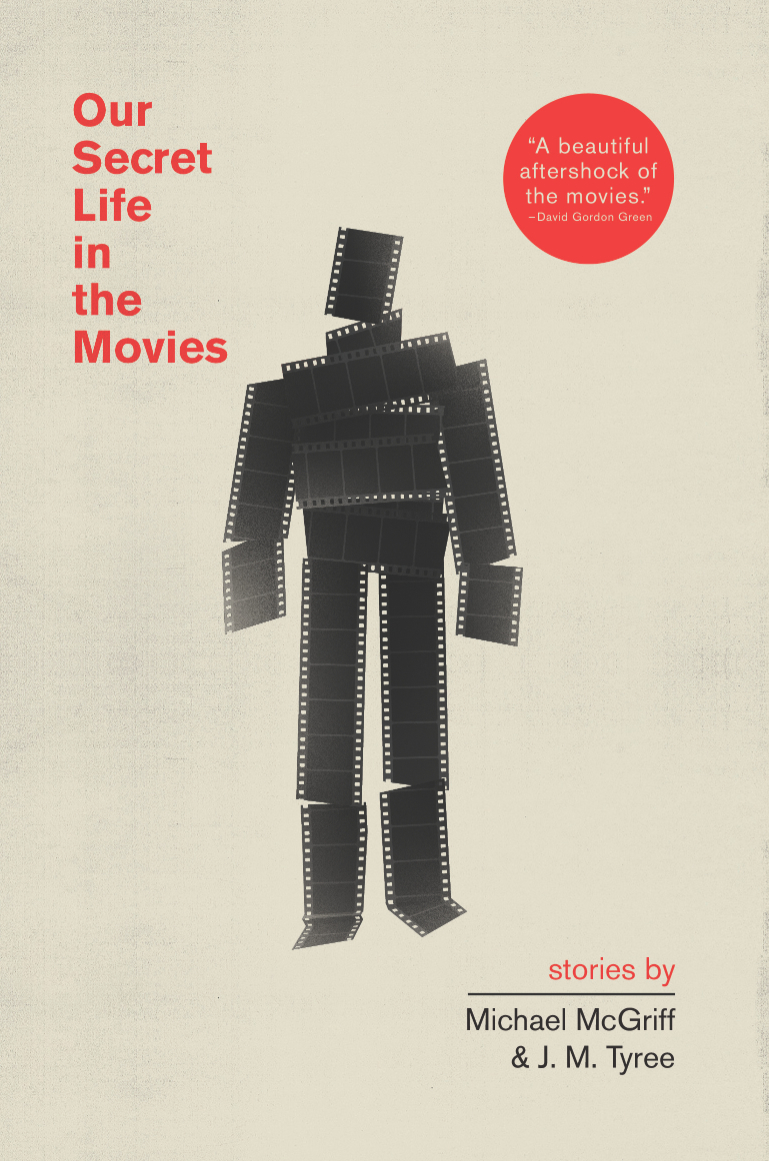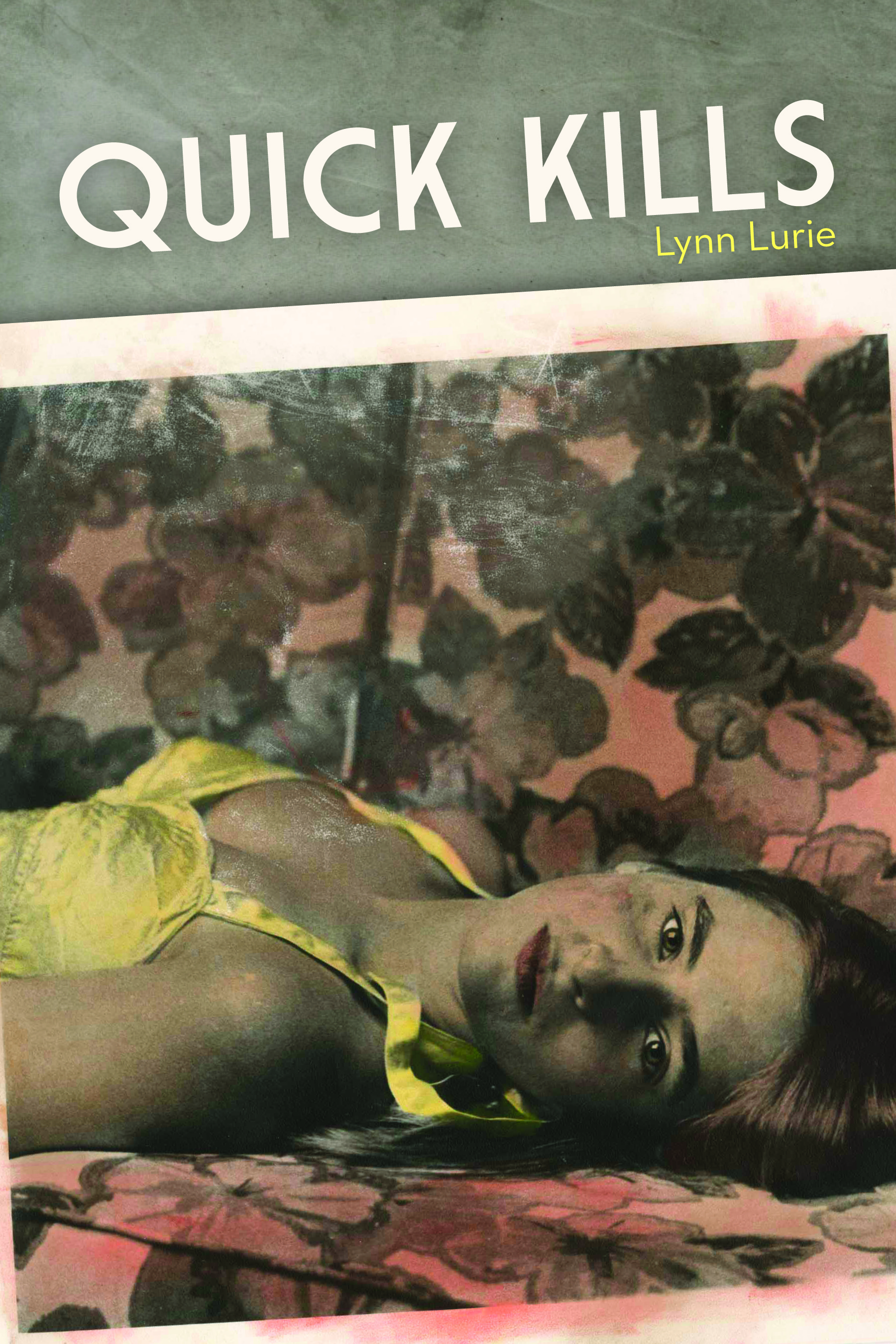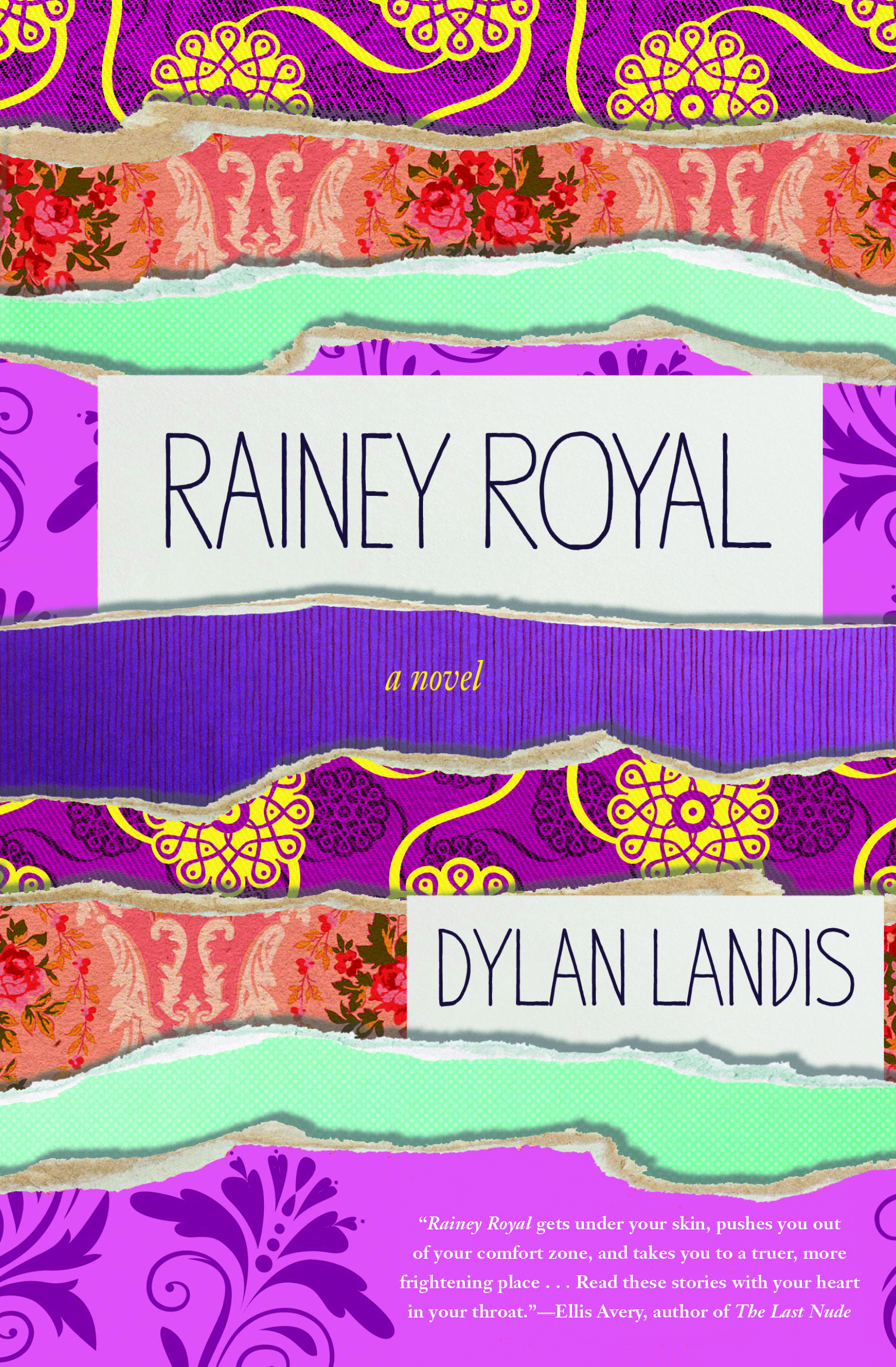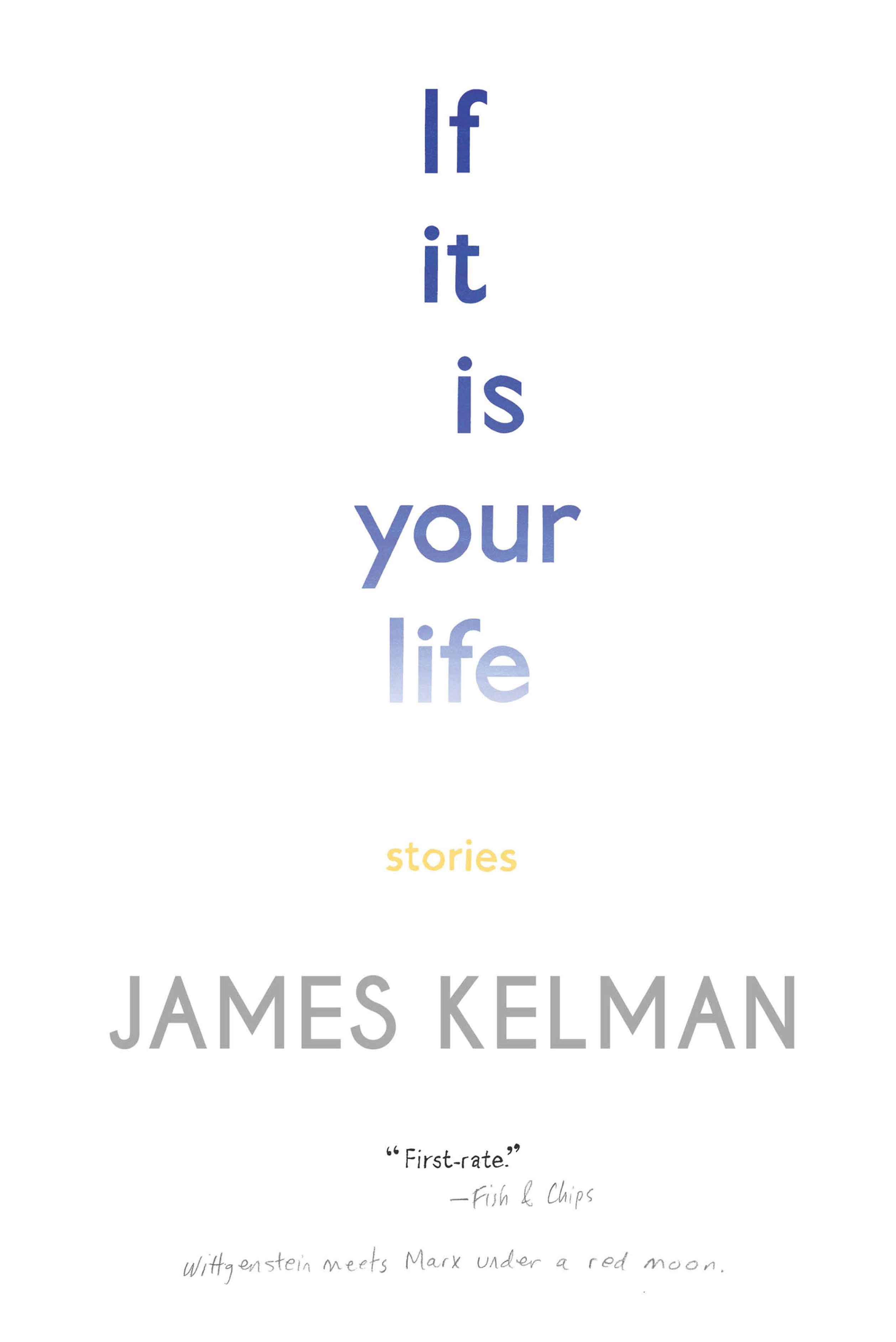Small Plates
an excerpt from
The Perishing
by Natashia Deón
Editor’s Note
If you’ve had a helping of our Small Plates where I talked about Gina Frangello’s stunning memoir Blow Your House Down, you’ll know I have been struggling with a touch of reader’s block. More specifically, I have found that I’ve had to relearn how to read fiction again. While it hasn’t been an easy road back, I am grateful for one book in particular that has helped me find my footing again. When I saw the announcement of Natashia Deón’s second novel, The Perishing (out now from Counterpoint Press), I immediately had to look up the publication date and whether or not I could get my hands on an ARC—because I knew I wouldn’t be able to wait all those months for its release.
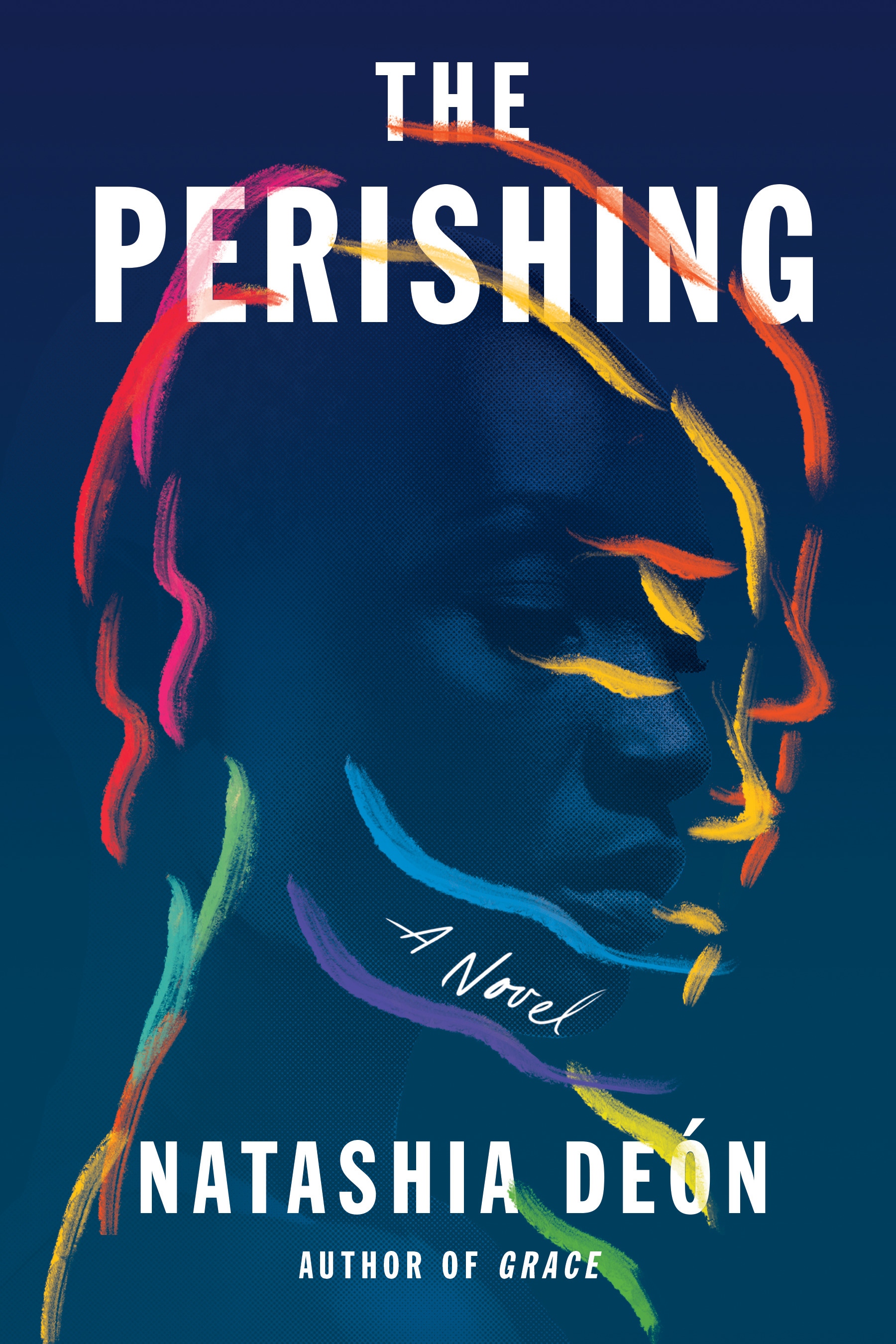
If you’ve read Deón’s previous book, Grace, you know she is a powerhouse in world-building and rich, beautiful language. The Perishing is all of that and more. The language is graceful and ethereal. It is a novel that demands to be felt, rather than just read. I knew it was a book that would once again rekindle my love for fiction.
The Perishing follows Lou and Sarah, the same woman and the immortal protagonist of dual narratives set hundreds of years apart. Their journey is all about remembering and forgetting: Sarah remembers what Lou has forgotten. It is about recovering those memories and the pain that comes after. And it is about the joy of memories, and their eventual loss, that I—and I hope you, dear reader—can connect with.
This was a delightful return to fiction for me. I got to sit in a world both strange and familiar, and savor lush descriptions and a profound narrative arc. Finally, I found myself able to re-experience the sensation of sadness that comes with turning the final page, of holding a book to my chest and trying to capture those last, fleeting images into my brain.
Enjoy your Small Plate and see you soon.
— Ashley Perez, Small Plates Editor
Fourteen
Lou, 1931
This is what it must be like to be a Black woman and lose. To not be able to grieve publicly when tears are called for. To not be comforted by someone who’d hold us as if we were as fragile as a white woman. We’re expected to be strong, denied of gentleness. She can take it. Just leave her alone.
Maybe it would worry people to see a Black woman crumble. Would be the most pitiful thing. I haven’t seen Mrs. Miriam cry yet.
I’ve only seen her anger.
She told me I can’t do another drive-along with Officer Adams. Can’t bake him cookies with her money anymore. “He harasses Black people. He doesn’t deserve what you give him,” she said, claiming I give him more attention than I do my own family. But Officer Adams said I’m like a daughter to him. He said I’m like family no matter my race or my past. Not Mrs. Miriam. Before Mr. Lawrence passed, she was still following up on leads about who I belong to, talking respectfully to somebody over the phone, “Well, if you hear anything else,” she said, “you can reach me here,” like she was trying to get rid of me. Mr. Lawrence never would.
This morning, she invited me to sit at the table with her even though she says I’ve been sitting around the house too much since school ended. “Find something to do,” she’s been saying.
I cleared the breakfast plates this morning and walked the children to school before eight. I have been doing.
But since I’ve been home for an hour she’s been sitting where she is, at the table in Mr. Lawrence’s chair. She just called me in here, too, so I’m in my same seat to the left of her, where two stacks of newspapers are noseheight on the table before us.
“You need a pencil?” she says.
“No, ma’am, I got a pencil,” and lift the one from my dress pocket. The one she gave me the first day I came.
“You have your scissors?”
“Yes, ma’am.” We’re clipping coupons, and the Los Angeles Times is on top. I’ll start work there next week.
I place my first two clippings between us—a dozen eggs on sale for ten cents, potatoes fifteen cents. She picks up the last coupon I cut for cookies on sale—a box for ten cents—and she crumbles it into trash. For the boys, I’d thought.
“We don’t need store-bought cakes,” she says. “Just circle the ones you think we need.”
I find oranges on sale, twenty cents. That’s five cents off. I draw a square around it. Cross it off because branches of the neighbor’s persimmon tree reach over into our yard. That’s citrus enough.
I run the lead softly down the left side of the gray page of advertisements, leaving a faint line down its center. I circle cantaloupe. We don’t have melons. Circle raisins and cheese but cheese is cheaper at the dairy. We can always use flour.
“You’re a grown woman now,” Mrs. Miriam says just as the snipping of her scissors stops. “Got your high school diploma. Educated.”
“Yes, ma’am.”
She starts snipping again.
The right side of the page is selling cars. Buick, Ford, the Plymouth Model 30U. They are a marvel. Can’t live in the sprawl of Los Angeles without one. Henry Ford was a genius, you ask me. First to mass-produce cars on an assembly line, creating something affordable for most Americans. I trace his new model shown on the page: Ford V8 Cabriolet, 65 Horsepower. Can Outperform Every Competitor. Coming Soon!
I put a whole circle around it, and again and again, because I’ve heard if you want something you should circle it seven times, the way Joshua walked around Jericho in the Bible before the walls came tumbling down and the city was his.
Mrs. Miriam reaches into her left pocket and pulls back a barrel of dollars, wrapped round themselves. I only glance at it. She says, “This equals a fraction of Mr. Lawrence’s pension.”
I circle bread.
“It’s six months’ rent for the apartment on the corner. Mrs. Devore says the tenant’s moving back east and it’ll be available by week’s end. It’ll help you get started. Start saving for your own property. Women need property of their own. Even if it’s a parking lot.” She keeps the money out in front of me, wags it in front of me. I know what she’s trying to do now Lawrence is gone. I don’t reach for it.
She drops it on the table.
She starts clipping again, harder and faster than she needs to.
My sinuses throb like they’re fighting a cold. My nose runs and I don’t give it the dignity of tissue. I wipe it with the back of my hand. It’s blood. And it’s left a shiny red streak across my skin. I wipe again.
“You should take care of your nosebleed.”
“It’s fine.” I put down my pencil, rub my hands over the blood till it’s gone. I say, “You and Mr. Lawrence promised to adopt me.”
“He can’t keep that promise now, can he?”
“You wanted to adopt me.”
“And you didn’t decide, did you? You didn’t say yes to us. Just wanted to play a game with us.”
“I just asked for more time is all.”
“To do what? Did you even look for your family?”
“Mr. Lawrence wanted to help me. You said—”
“We said we wanted to adopt you. Together. He’s gone!”
I’ve never heard her yell before.
“I can’t afford you on my own,” she says, “and you need to make a life. Your own family. Can’t have two mothers here.”
She pushes the money toward me. “There’s your fresh start.”
I look down at my paper and circle the car a fourth and fifth time. Six and seventh. I don’t want my car to get away from me. I circle it again. Harder than before. Restart my count.
“You want all his money, is that it? You want what you haven’t worked for? What’s for his children? I’m helping you.”
“I can help bring in more income. Help with the children while I work my new job.”
“What are you doing to that paper!” she says.
I look down at the table. Paper’s shredded—words and car and all—crumbled into a gray and black pile. I drop my pencil, the graphite is done, its wood splintered into my writing fingers, a ragged hole torn down to the dinner table, my place setting ashes. I didn’t realize. I brush it away.
“I’m not leaving,” I say.
Her breath shudders.
“I have a job coming at the L.A. Times and I’m not leaving.”
I go back to the coupon for oranges. Circle it.
She rests back in her seat, reaches in her left pocket again, returns with another fiver, and lays it on the pile of money. Tears are already streaming down my face and I don’t look up to beg, “This is the only family I’ve got.”
“I’m not your mother, Lou,” she says, hurting me. “And by law, Lawrence wasn’t your father. And now that he’s gone, I got to pick up the pieces and count what’s left.”
I’m on my own.
Again.
